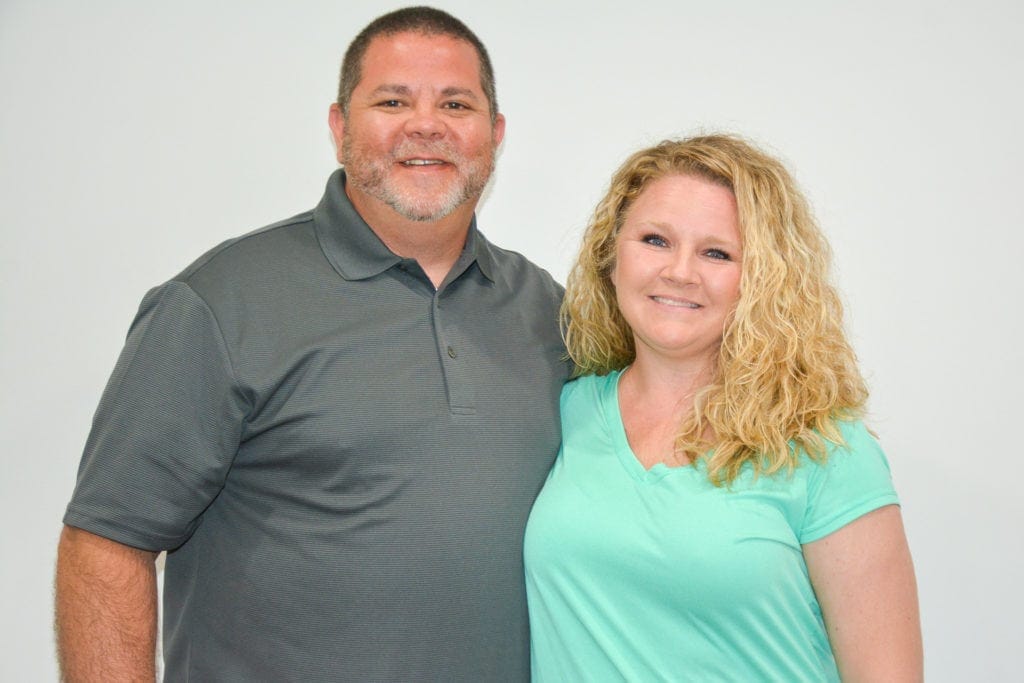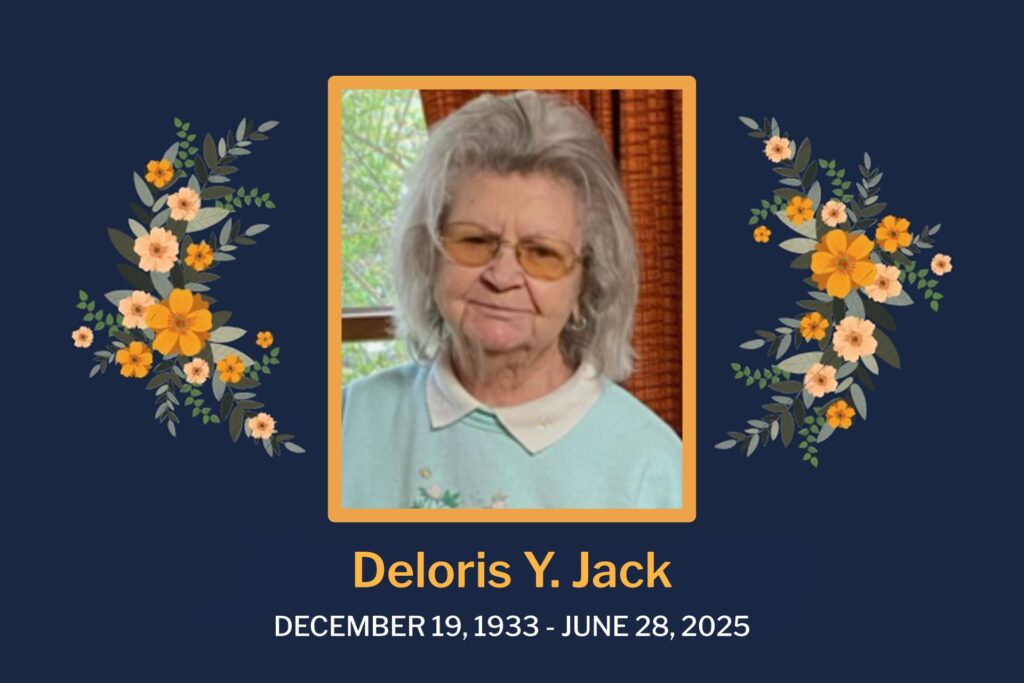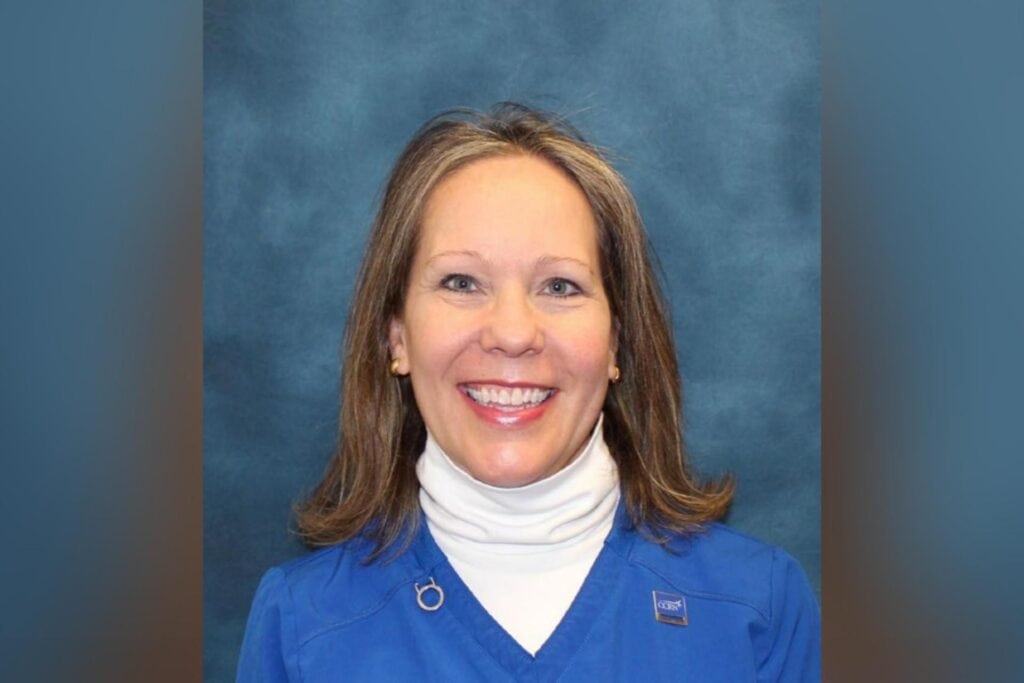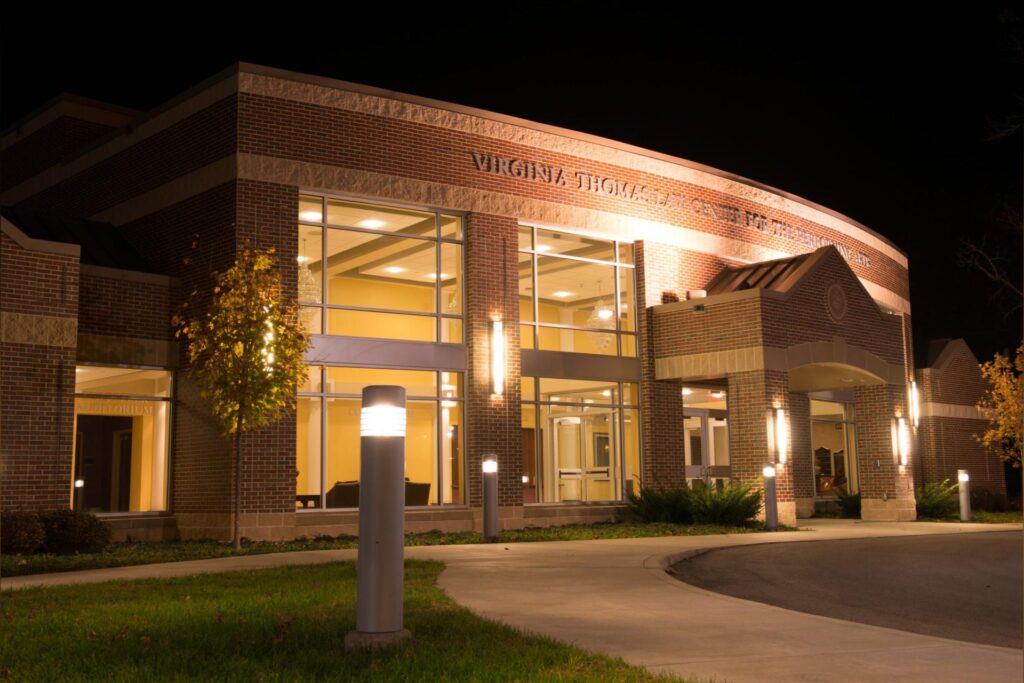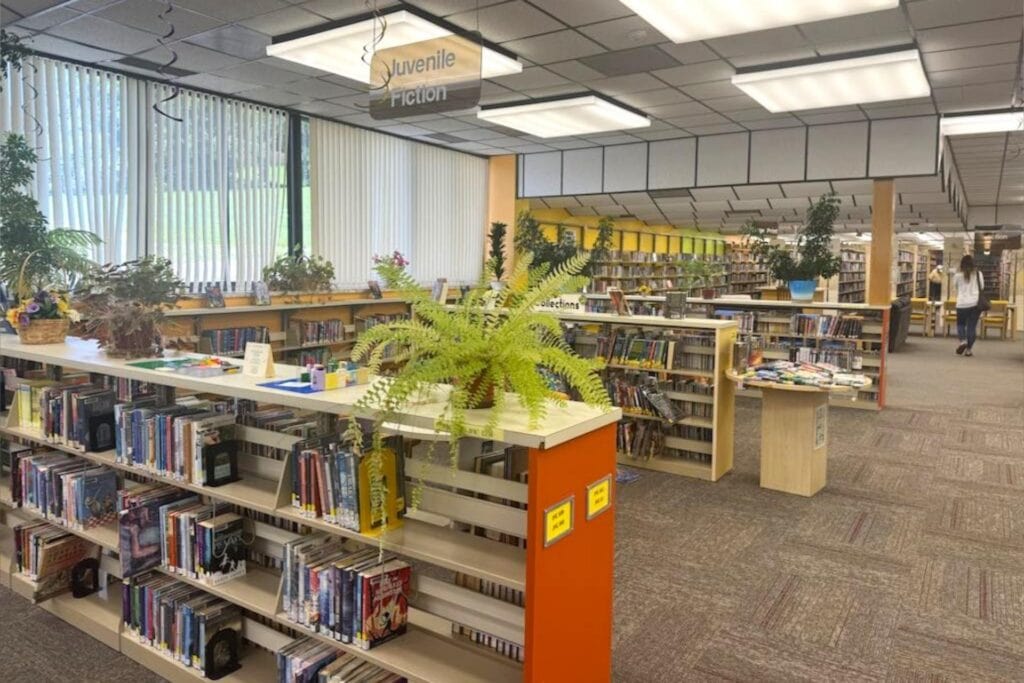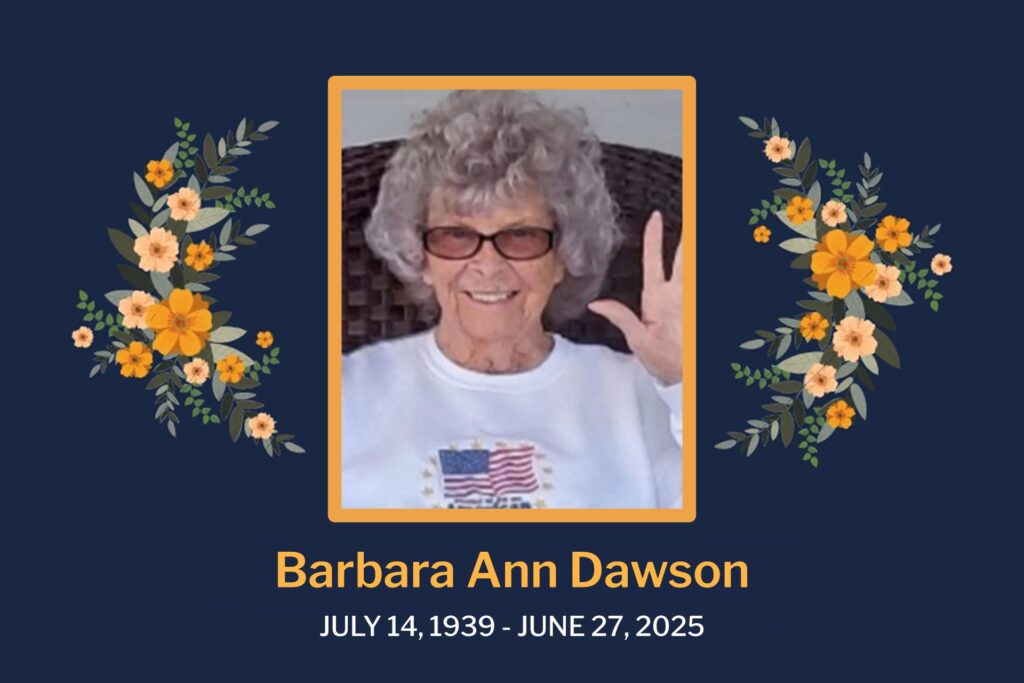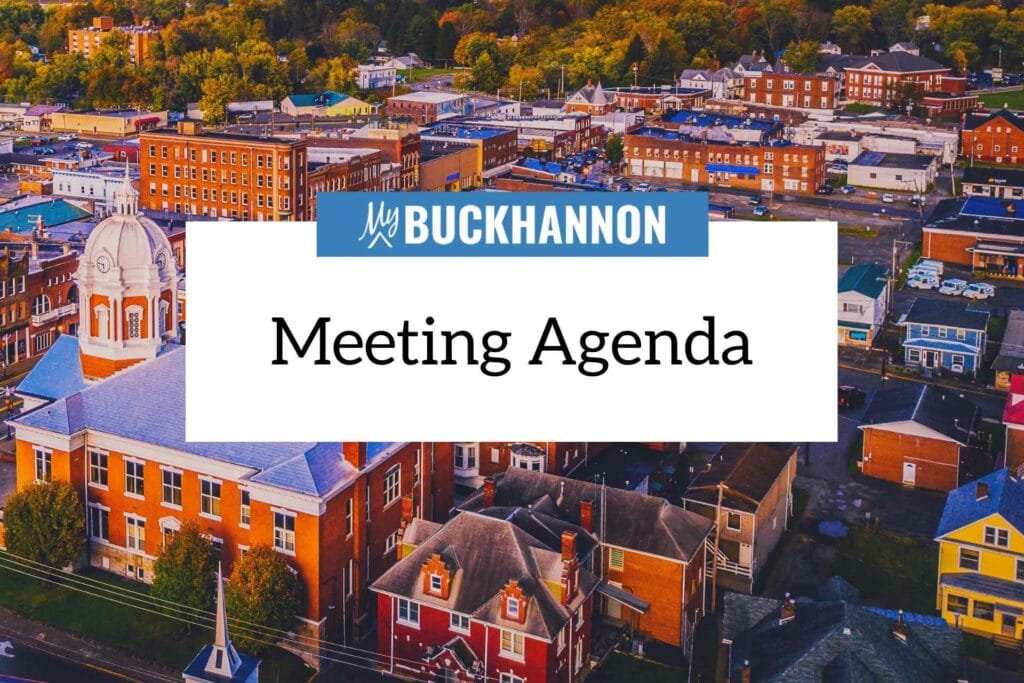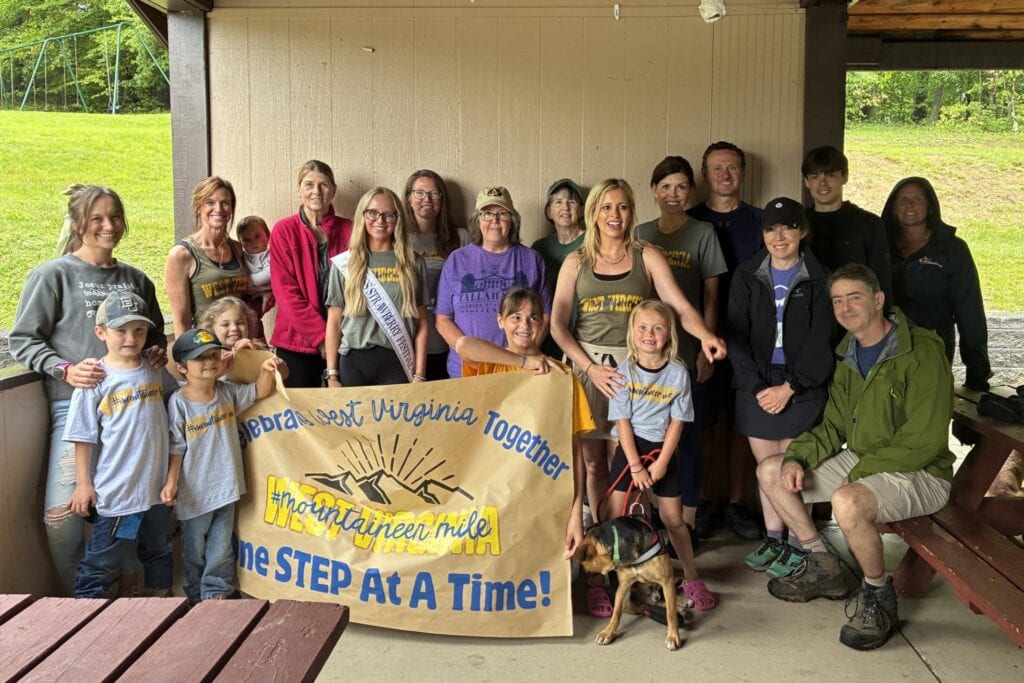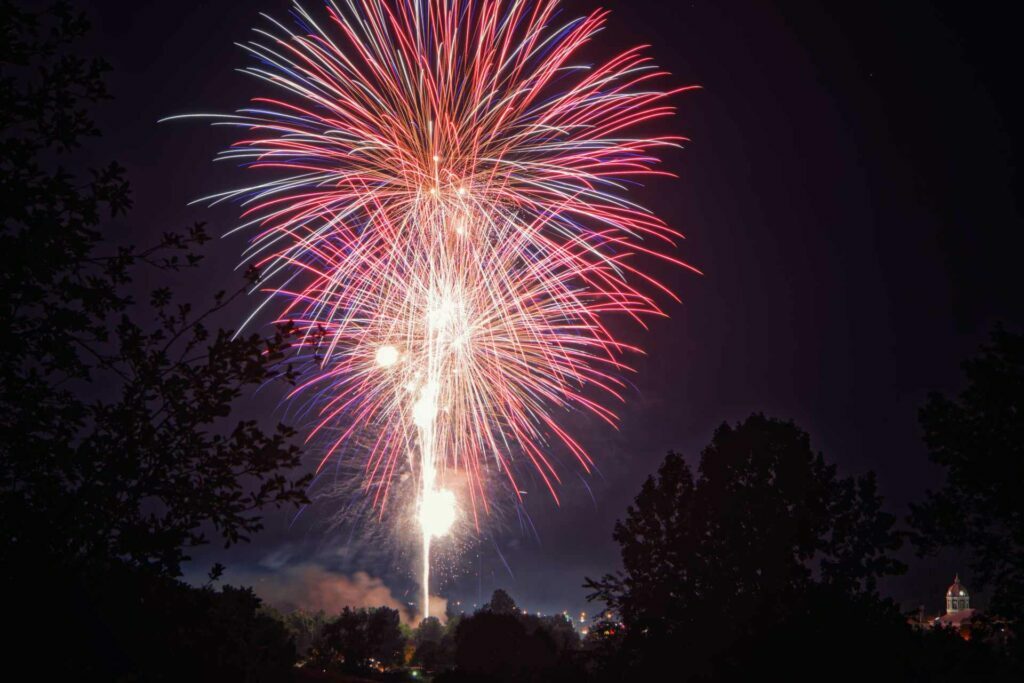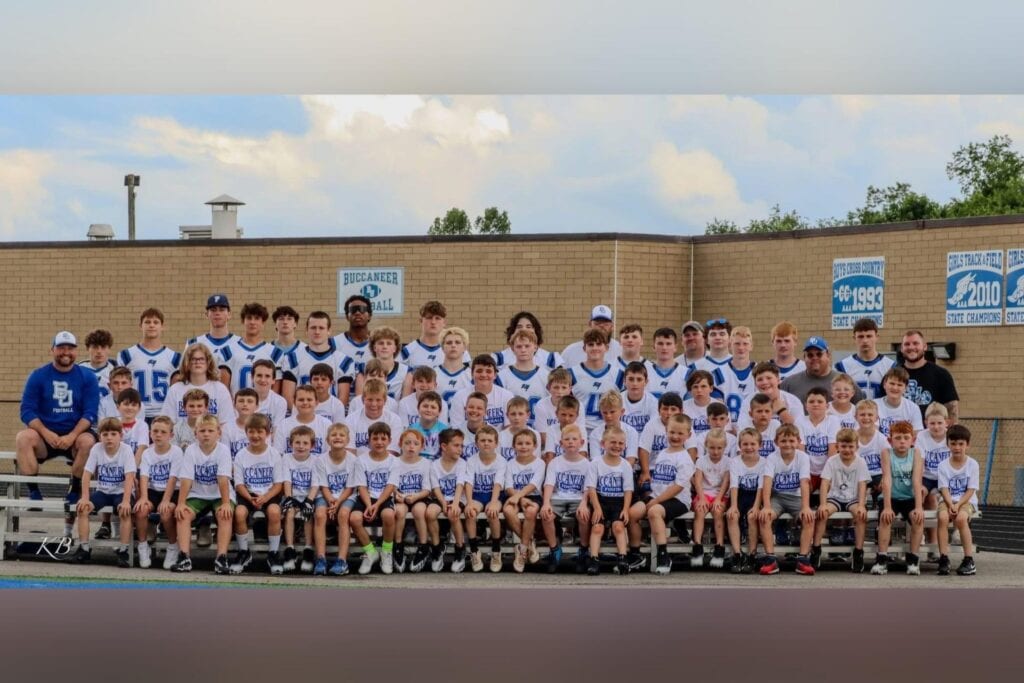BUCKHANNON – A new day has dawned in the field of agriculture, and entrepreneurs Jason and Jamie Queen have titled their latest business venture – New Harvest Botanicals LLC – to indicate as much.
Beginning this summer, the couple plans to launch a business that dries hemp and processes it into pure cannabidiol oil, commonly referred to as CBD oil. Already, the Queens have contracted with numerous farmers in Upshur County who have secured hemp-growing permits from the West Virginia Department of Agriculture for the 2019 growing season.
Exactly how many farmers are the Queens working with?
“That number’s changing every day,” Jason Queen told My Buckhannon in a recent interview about their emerging business. “We just talked to two more farmers this morning, but I can tell you we’ve contracted with farmers for over 100 acres. Some are growing one to two acres, some are growing 15 acres.”
The Queens are farmers, too, so they’ll be growing 10 acres of hemp themselves on their farm, a separate business registered as New Harvest Farms LLC.
A number of individuals and organizations have recently credited CBD oil – the substance the Queens plan to extract from locally grown hemp – with providing numerous health benefits, such as relief from chronic seizures, chronic pain and inflammation, anxiety and insomnia, and hemp has 27,000 known uses, Jason said. It can be fashioned into plastics, construction materials and much more.
Although similar to marijuana, hemp contains less THC and was removed from the Schedule I drug list in 2018. However, any product containing CBD which offers claims of health or other therapeutic benefits must be approved by the FDA.
To learn exactly how did the Queens’ interest in growing and processing hemp sprouted, keep reading.
The seeds of New Harvest Botanicals are planted
Jason, who spent 20 years in law enforcement, said he and his wife, Jamie, have always been entrepreneurs who’ve taken a keen interest in emerging businesses. Jamie owns the pet-focused photography business, Wet Nose Photos, and Jason managed a security business.
So, when plans for bioRemedies to locate to the old armory on Route 20 South were announced, the Queens’ ears perked up.
“I’ve always been interested in farming, and Jamie’s from Valley Head, so it kind of fascinated us,” Jason said. “We’re entrepreneurs. We always have been. We love businesses, and when things come along, we try to see that and see what the future is.”
Jason said he approached the owners of bioRemedies about providing security services for the building they hoped to turn into a hemp-processing facility. However, as Jason learned more about the future of hemp, he was hooked.
“Then, I started learning more about the hemp and the future of it, and it quickly went from the security side of it to, ‘Let’s grow hemp,’” he recalled.
That’s when the Queens decided to buy small piece of processing equipment.
But when a split occurred within bioRemedies, and a new company, Rx Remedies, was formed, the Queens knew there were a lot of farmers with hemp permits in the area waiting for an arena in which to have their product processed into CBD oil.
“We saw all our friends and other farmers were kind of in the same boat, so it quickly ramped up to, ‘Let’s open an extraction facility,’” he said.
So, they decided to upsize to the largest piece of drying equipment they could find.
For the record, the Upshur County Development Authority has terminated its lease with bioRemedies, according to UDCA executive director, Rob Hinton. Then, in March 2019, the UCDA executed a lease agreement with Rx Remedies LLC, which, like bioRemedies, manufactures hemp-derived CBD products and still has plans to move into the armory, Hinton said Wednesday.
Unlike Rx Remedies, which sells finished products containing CBD oil, the Queens will be processing clean or “pure” CBD oil, which they’ll sell to companies like Rx Remedies who market finished products.
They’ve purchased 10 acres of farmland where they’ll cultivate a hemp crop as well as the largest hemp drying machine they could buy from a China-based company.
One business, two locations
Jason and Jamie explained New Harvest Botanicals LLC will have two locations – a hemp drying facility and a laboratory-grade hemp processing facility, where plant material will be turned into CBD oil using a co2 extraction machine that uses supercritical and/or subcritical parameters in order to get the best quality oil from the biomass.
The Queens confirmed both facilities are located in Upshur County but were hesitant to disclose their exact whereabouts.
They said the drying process is one that requires a great deal of oversight. The machine they’ve purchased is capable of drying a thousand pounds every one to two hours.
“Once it’s harvested, it must be dried immediately,” Jason said. “If not, it’ll mold, and then you’ve just lost your whole crop.”
The Queens said they’re now securing contracts with businesses who want to buy the oil.
“We’re getting contracts now with buyers of the oil – everything from nutraceutical companies to these big companies that want the oil,” he explained. “All these companies have their own formula. Once you get them the oil, they mix it with different things to make your body absorb it.”
One example of a “mixer,” Jason said, is coconut oil.
“That’s the market right now. All these companies have different formulas. They buy the clean, extracted, perfect oil, and then they turn it into their formulas.”
Jamie said New Harvest Botanicals won’t be tackling that side of the business – at least not in 2019.
“Basically, that’s the only part of this process we decided not to take on ourselves this year. Eventually, we would like to … because the next step is marketing your own product, whether that’s a salve or a tincture, a vape pen or anything like that.”
Questions surrounding hemp legality
Since the advent of CBD popularity, questions have swirled around the legality of hemp. That’s because until the federal government passed the 2018 Farm Bill in December, it was still technically classified as a Schedule 1 controlled substance along with its cousin, marijuana.
A Schedule 1 controlled substance categorization indicates a drug has no currently accepted medical use and a high potential for abuse.
However, the 2018 Farm Bill removed hemp from the Schedule 1 list and reclassified it as an agricultural commodity, according to multiple media outlets.
As the Queens explained, the key difference between hemp and marijuana is the percentage of THC contained in the plant; THC, short for tetrahydrocannabinol, is the psychoactive ingredient in marijuana that, when ingested, can result in users experiencing a “high.”
Hemp and marijuana are different strains of the same cannabis sativa plant; however, the critical difference is hemp must contain less than .3 percent of THC, while levels of THC in marijuana are typically markedly higher.
“So many people don’t know the difference between marijuana and hemp,” Jason said. “It’s essentially a very similar plant – same cannabis – but obviously, marijuana is grown for the THC – tetrahydrocannabinol – which is the psychoactive [component] that gets you high. Hemp has to be .3 percent of 1 or less, which you could smoke a whole field of it, and you wouldn’t get anything – so that’s the major difference.”
Although hemp is legal, it’s regulated by the West Virginia Department of Agriculture which routinely tests THC levels.
In addition, according to a statement from the U.S. Food and Drug Administration in the wake of the passage of the 2018 Farm Bill, the FDA says it must approve the sale of any product containing CBD which officially claims to have health or other therapeutic benefits.
The evolution of hemp cultivation in the Mountain State
One thing is clear: New Harvest Botanicals and the state Department of Agriculture see the commercialization of hemp as a win for West Virginia farmers.
Crescent Gallagher, communications director for the Department of Agriculture, on Wednesday clarified the timeline of hemp growth in West Virginia.
Gallagher said the 2014 Farm Bill allowed the department to issue growing permits for research purposes.
“Then, the state Legislature in 2017 expanded the law to allow for the commercial cultivation of hemp,” Gallagher said, “and the federal Farm Bill in 2018 helped expand that.”
“2019 will mark our second grow season of hemp for commercial purposes,” he added.
The Queens said hemp isn’t a new crop in other areas of the world.
“All these other countries have been using hemp for years and years, so they have industrial infrastructure with all these big corporations that know what to do with it,” Jason said. “They make everything from building houses to clothing. You name it, they can make it out of hemp.”
Hemp: Hope for West Virginia farmers?
The Queens believe hemp has the potential to reinvigorate agriculture in West Virginia.
“If you think about all the people that you know that make a living off farming, and there’s not many of them, and that’s a shame from what it used to be,” Jason said.
New Harvest Botanicals hopes to change that by paying farmers top dollar for their crop, he said.

“Now there’s excitement again,” he said. “Our plan, starting this summer, is to start having seminars or town hall meetings in Randolph County and Barbour County … and educating the farmers on, ‘Look, this is a great thing. You guys can start making money again,’ and that way they can be applying in November for the 2020 growing season. But if we don’t start that now in educating them, they’re going to miss the boat in November.”
The permitting period is relatively short, running from the beginning of October through November’s end, Jason said.
New Harvest Botanicals is set on buying product solely from West Virginia farmers.
“That’s one the most exciting things about this process and this business. Number one, we are strictly going to buy from West Virginia farmers because there’s only three or four extraction facilities in the state,” Jamie said, “and some of them are outsourcing their hemp from other states, and there’s nothing wrong with that.
“But we just kind of decided we’re going to buy hemp from West Virginia farmers because we want to promote West Virginia farmers.”
And according to data from the Department of Agriculture, farmers are jumping on board.
Gallagher said while the department issued just 46 permits in 2017 for the 2018 growing season, it’s issued about 178 full and provisional permits for the 2019 growing season – a notable hike.
“There were 204 applicants [for this year], and we’ve issued 156 full licenses and 22 provisional licenses,” Gallagher said.
Gallagher said the department is enthusiastic about the prospect of West Virginia acting as a leader in the cultivation of hemp.
“Our commissioner of agriculture, Kent Leonhardt, even before the 2018 Farm Bill was passed, indicated that he thought hemp was a new cash crop for farmers to have access to grow, and we’re glad it’s legalized on the national level,” he said Wednesday. “West Virginia, for once, is ahead of the game and poised to tap into an emerging industry that is prime for growth.”
“It’s 100 percent happening”
For their part, the Queens feel the department truly wants hemp farmers to flourish.
“They’ve been very supportive,” Jamie said. “I really, truly believe they want this to succeed.”
While the Queens understand local people may be skeptical about New Harvest Botanicals coming to fruition, they want to reassure hemp farmers they’re a sure thing.
“We’re already under production,” Jason said. “The machine’s already paid for and will be up and running by July or August. It has to be up and running before the harvest season.”
While New Harvest Botanicals has some silent investors, the Queens are largely throwing their own finances behind it.
“We’re the main spearhead of it, and it’s 100 percent happening,” Jason said. “We don’t want people to have any doubts. We’re the kind of people that when we dive into something, we go head first, we go all out.”
“We got our seeds yesterday for our farm,” Jamie added. “A greenhouse is coming up for that end of it. All the construction is going on for both the extraction facility and the drying facility.”
The next step?
New Harvest Botanicals plans to host a meeting for permitted Upshur County farmers within the next several weeks.
“At that meeting, it’s our intention to actually even have a written contract in place for them to look over and see the details of what we’re planning to offer and how the process will go,” Jamie explained.
Jason said New Harvest Botanicals wants to pay farmers well for their crop.
“We want them to profit because that’s the future, so we want to pay top dollar, so to speak, for their hemp, even if it’s above market price to keep them farming and making it worthwhile for them to get into it,” he said.
Jamie said New Harvest Botanicals may, in the future, may delve into drying and processing other botanicals, such as a lavender and hops, but for the time being they’re focused on hemp.
